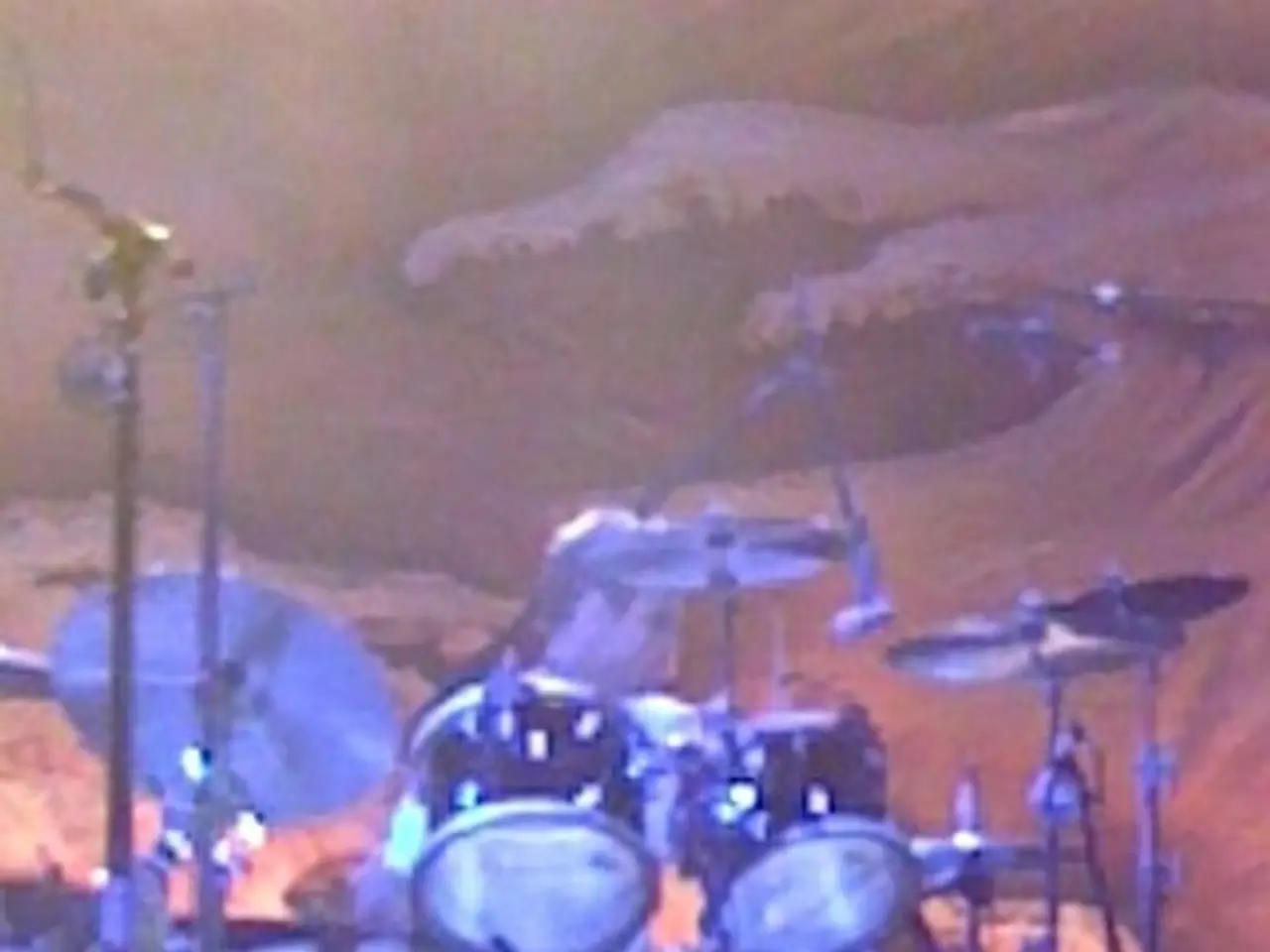Experiencing the intense thrill and profound highs of psychedelic substances
Tony Bossis, a renowned researcher, continues to delve into the world of psychedelics, with a particular focus on psilocybin and its potential impact on spiritual and emotional well-being. His work extends to investigating the effects of psilocybin on religious leaders and its role in enhancing spiritual and emotional health [3][4].
Bossis' research at the NYU School of Medicine also explores the relationship between mystical experiences of great religions and psychedelic experiences. This intersectional approach includes studying phenomena such as ego-dissolution in near-death experiences [3].
While recent publications on psilocybin's effect on stress in cancer patients were not found in the latest searches, Bossis is widely recognised for his pioneering work on psilocybin-assisted psychotherapy in advanced cancer. His earlier research demonstrated that psilocybin can significantly reduce anxiety and depression in cancer patients, leading to lasting psychological improvements [3][4].
Currently, Bossis is leading a Phase 2 clinical trial in collaboration with COMPASS Pathways, investigating the therapeutic benefits of psilocybin in treating depression. This randomised, double-blind, placebo-controlled study aims to enroll 200 participants [1][2]. The study is funded by a grant from the John Templeton Foundation and is expected to be completed by the end of 2022 [1].
Bossis' fascination with the mystical experiences of great religions is evident in his research, as he seeks to understand how these experiences map onto psychedelic experiences. He believes that psychedelic therapy has the potential to revolutionise mental health treatment [1].
In addition to the psilocybin and depression study, Bossis' ongoing research at the NYU School of Medicine includes several other psychedelic research projects [1]. His work in this field continues to be a significant contribution to the understanding and potential application of psychedelics in therapeutic settings.
The 2016 study, in which Bossis was a lead investigator, was a landmark study that demonstrated profound stress reduction in cancer patients after a single dose of psilocybin [1]. This study, along with his other contributions, underscores Bossis' commitment to exploring the therapeutic benefits of psilocybin.
For those seeking specific details on Bossis' newest clinical trial results on cancer patients and stress, such data may need to be sought from specialized academic publications or clinical trial registries beyond the currently available open web summaries.
[1] Phase 2 clinical trial led by Tony Bossis
[2] NYU School of Medicine psychedelic research program
[3] Tony Bossis' research on consciousness and mystical experiences
[4] Tony Bossis' work with religious leaders and psilocybin
Tony Bossis' research, encompassing psychology, spirituality, and health-and-wellness, delves into the mental-health benefits of psychedelic therapies-and-treatments, such as his study on psilocybin-assisted psychotherapy for depression. Moreover, his ongoing work at the NYU School of Medicine continues to push boundaries in the understanding and application of psychedelics, particularly in treating mental health conditions such as depression.




